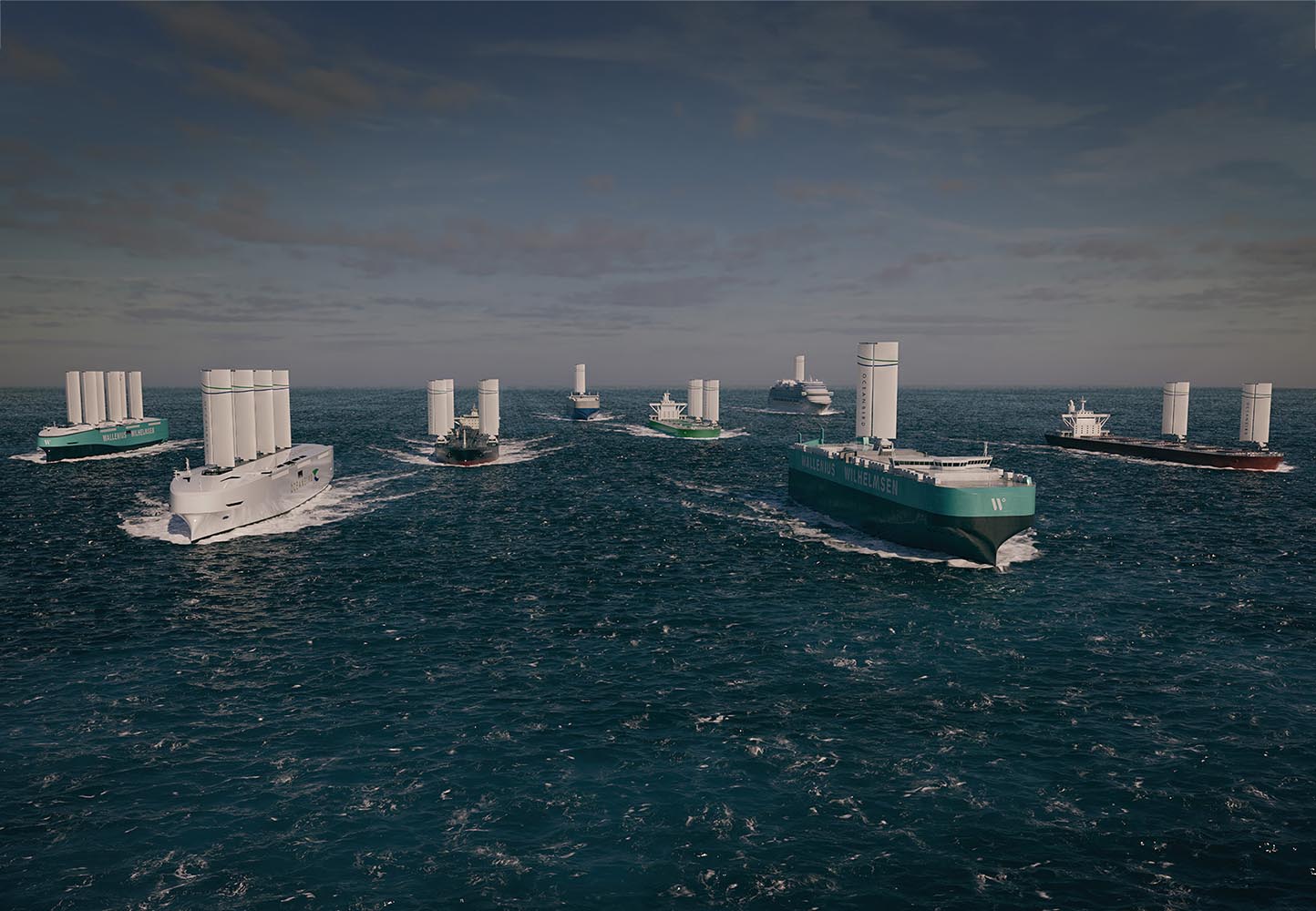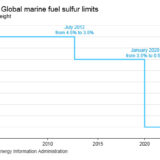
ICS and IBIA propose global GHG fuel standard for shipping
The International Chamber of Shipping (ICS) and the International Bunker Industry Association (IBIA) have collaborated to propose a Global GHG (greenhouse gas) Fuel Standard to the International Maritime Organization (IMO). This initiative aims to align with the IMO’s net-zero GHG emission target for shipping by 2050.
The International Chamber of Shipping is a global trade association for shipowners and operators. The ICS represents over 80% of the world’s merchant fleet. The International Bunker Industry Association is a leading organisation representing the interests of all parties in the marine fuel (bunker) industry. It plays a significant role in the global shipping sector by focusing on issues related to marine fueling.
Following the IMO Member States’ agreement in July 2023 on a net-zero GHG emission target and the adoption of new GHG reduction regulations by 2025, ICS and IBIA have submitted their proposal for the next round of IMO negotiations in March 2024. The proposal’s goal is to progressively reduce the GHG intensity of marine fuels, fostering a market for zero and near-zero GHG fuels.
The proposal includes draft amendments to Annex VI of the MARPOL Convention, setting a maximum permitted GHG intensity for marine fuels in 2030, with a more stringent standard in 2040. This move supports the new IMO target that 5% to 10% of shipping’s energy must come from zero or near-zero sources by 2030. The exact standard for reducing GHG intensity in marine fuel will be negotiated among governments.
A key feature of the ICS/IBIA proposal is the streamlined voluntary “energy pooling compliance mechanism.” This mechanism addresses potential shortages in the supply of new fuels, allowing ships to continue operating without increasing the sector’s total GHG emissions.
Simon Bennett, deputy secretary general of ICS, emphasised the proposal’s flexibility and simplicity. “Our approach avoids the complexity of the European Union’s system of ‘compliance units’ and minimises administrative burdens, especially for developing countries,” he said.
Edmund Hughes, IBIA’s representative at IMO, highlighted the bunker industry’s support for an internationally agreed GHG fuel standard by 2030. “This standard will help create a global market for marine fuels with reduced GHG intensity, including sustainable biofuels,” Hughes noted.
The ICS/IBIA joint proposal will be reviewed by an IMO intersessional working group on GHG reduction in March 2024, preceding the critical meeting of the IMO Marine Environment Protection Committee (MEPC81). The proposal is designed to support a global economic measure, ensuring collaborative efforts to deliver on the IMO’s revised strategy.












